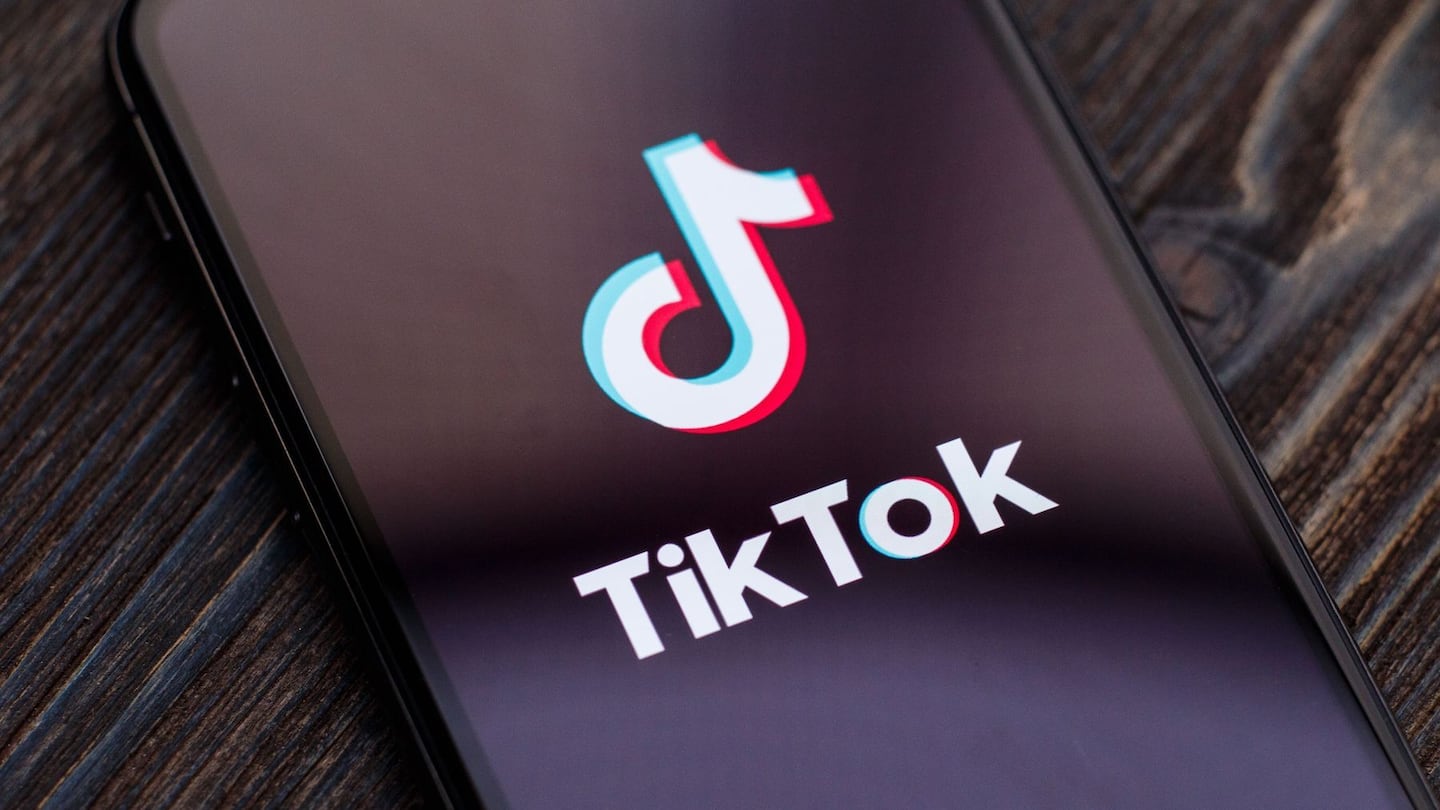The Business of Fashion
Agenda-setting intelligence, analysis and advice for the global fashion community.
Agenda-setting intelligence, analysis and advice for the global fashion community.

The effort to force TikTok’s Chinese parent company ByteDance Ltd to divest its ownership of the social media platform would quickly become law under a plan outlined Wednesday by House Speaker Mike Johnson.
Johnson intends to include the divest-or-ban bill in a package of fast-moving bills that provide new aid for Ukraine and Israel. The House is expected to pass the bills on Saturday, and the Senate is expected to quickly consider the legislation.
The bill would give ByteDance up to a year to divest itself of the social media platform — longer than the six-month time frame in previously passed House measure, a person familiar with the legislation said.
That longer deadline is among the changes proposed by Senate Commerce Committee Chair Maria Cantwell of Washington, who said in a brief interview she wants to tweak the House bill to ensure it survives a legal challenge.
ADVERTISEMENT
A representative for TikTok declined to comment.
Shares of Snap Inc., a key TikTok competitor, jumped 4.7 percent on Wednesday.
The House-passed TikTok legislation has support from data privacy and national security hawks concerned about troves of data on American users potentially being made available to a Chinese company. President Joe Biden has said that if the bill comes to his desk, he will sign it.
Even so, the measure has faced opposition in the Senate from both parties. Its inclusion in the foreign aid package may get it through the Senate with limited debate.
Some opponents say the House-passed measure impedes Americans’ right to free speech and risks harming the growing number of entrepreneurs, business owners, and influencers who rely on the app to make a living.
Others, like Cantwell, have expressed concern about court challenges regarding a law singling out one company. Senator Rand Paul, a Kentucky Republican, has predicted it would be struck down.
By Steven T. Dennis and Sana Pashankar
Learn more:
ADVERTISEMENT
The ByteDance-owned app’s e-commerce play has been met with mixed response from users. Still, sales keep ticking up.
Brands are using them for design tasks, in their marketing, on their e-commerce sites and in augmented-reality experiences such as virtual try-on, with more applications still emerging.
Brands including LVMH’s Fred, TAG Heuer and Prada, whose lab-grown diamond supplier Snow speaks for the first time, have all unveiled products with man-made stones as they look to technology for new creative possibilities.
Social networks are being blamed for the worrying decline in young people’s mental health. Brands may not think about the matter much, but they’re part of the content stream that keeps them hooked.
After the bag initially proved popular with Gen-Z consumers, the brand used a mix of hard numbers and qualitative data – including “shopalongs” with young customers – to make the most of its accessory’s viral moment.